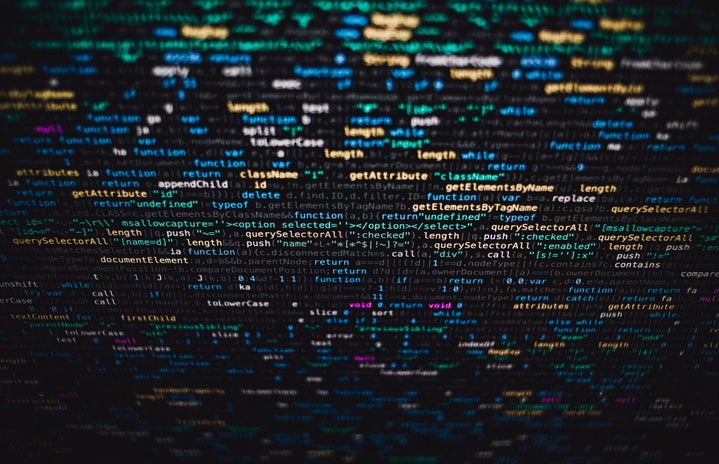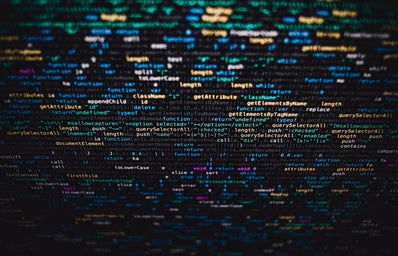This quarter I started the Computing Specialization part of my Cognitive Science major, and as intimidating as that sounded, I was excited at the thought of opening new doors for myself. It had been a topic I had been interested in for the longest time, but I just never knew where or how to begin.
There’s a lot of emphasis placed on being a “girl who codes,” with entire clubs and organizations dedicated to that very topic and bringing women into that side of the workforce. And understandably, it gives me a great sense of pride to be able to add to such a meaningful group.
Coding is an entirely new way of thinking, which is the very reason it can almost be looked at as an art form. Though the outcome may be linear, the logic to get there often involves a lot of trial and error and back and forth, forcing you to understand that failure is not only inevitable but it’s actually wanted at times. And even though it is quite frustrating at times to debug a program, the effort makes the end result that much more satisfying when everything works.
Equally important is that coding itself is a new form of literacy. With all the languages a programmer knows and the syntax that comes with it, there is a certain technical proficiency and jargon that comes with knowing understanding code.
What I personally appreciate when it comes to coding is that you always know if you are on the right path because your output will tell you. No one can justifiably tell you that you’re incorrect except the computer. I feel like this is the very essence of being a girl who codes. You are given tools to build your own path that cannot be taken away from you or deemed insignificant, inspiring confidence within you that no one else can really take away.
Careers involving programming or coding can give women some needed flexibility and independence. According to Girls Who Code, they have the potential to “reduce the gender pay gap,” while also fulfilling the need for a greater amount of female role models within the tech industry. The American Association of University Women has already seen the effects of programming on the gender salary gap releasing findings that “one year after graduation, male and female coders were earning the same salary.”
So, in celebration of this past International Women’s Day, let’s think about the significance of female programmers and the importance of continuing to empower women to learn skills like these so that they can create opportunities for themselves. It’s in these smaller, constant strides that effective, long-lasting change can be made.




